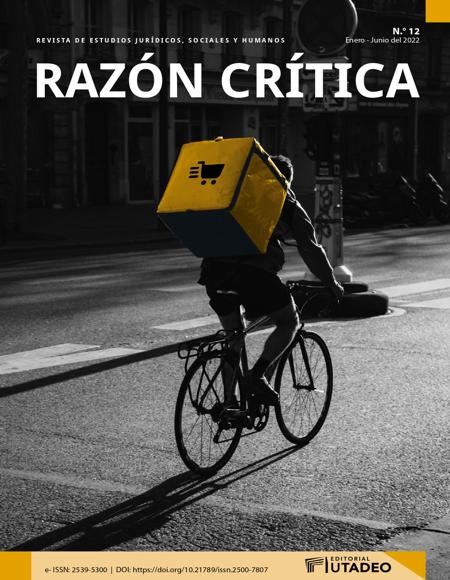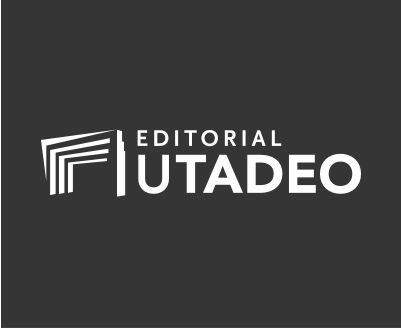
Esta obra está bajo una licencia internacional Creative Commons Atribución-NoComercial-CompartirIgual 4.0.
Esta obra está bajo una licencia internacional Creative Commons Atribución-NoComercial-CompartirIgual 4.0.
Resumen
This work sought to specify a model for the study of the coffee-growing sector. A cross-sectional and exploratory research with a non-random selection of 100 coffee traders was carried out. From a structural model reliability and validity, five dimensional perceptions of economic, financial, sales, social, and environmental opportunity were identified. Based on the theoretical and conceptual frameworks, we propose to study the entrepreneurial perceptions of vulnerable groups dedicated to the trading of coffee byproducts as a subsistence means. The findings allow us to establish a link between rational choice theory and the theory of human capital with respect to the theory of the commons and the theory of social entrepreneurship as conceptual frameworks to highlight the intervention in microfinance made with entrepreneurs.
Citas
Anguiano, F. (2020). Meta-analysis of the effects of entrepreneurship on local development: Implications for the covid-19 coronavirus pandemic. International Journal of Research in Engineering 6 Science, 8(9), 40-47.
Bermudez, G., Molina, H. D., & Garcia, C. (2021). Modeling organizational violence in the Covid-19 era. Journal of Management Information & Decision Science, 24(5), 1-22
Bouls, B. (2020). Specification of a model of entrepreneurship: from opportunism to innovation. International Journal of Advanced Research, 8(3), 20-24
Bustos, J. M. (2020). A review of findings around local development. Eureka, 17(1), 141-161
Coronado, O. (2019). Governance of responsible social entrepreneurship. Nomads, 57 (1), 1-23
Garcia, C. (2020). Specification a model for study of entrepreneurship. Advanced Research Journal of multidisciplinary Discoveries, 49(1), 1-4. https://doi.org/10.54026/CRPBSV10001
Juárez, M. (2020). Specification a model for study of corporate assistance. Global Journal of Archeology & Anthropology, 11(2), 50-53
Molina, H. D. (2020). Peri-urban socio-environmental representations. Kulxulkav, 26(54), 5-12
National Institute of Statistics, Geography and Informatics [INEGI]. (2020). XII National Population Census. INEGI.
Organization for Economic and Co-operation and Development [OECD]. (2021). Statistic for coronavirus SARS CoV-2 and Covid-19 disease in countries. OECD. https://data.oecd.org/
Pan American Health Organization [PAHO] (2021). Statistic for coronavirus SARS CoV-2 and Covid-19 disease in Americas. PAHO. https://www.paho.org/es
Pérez, G. (2020). Dimensional meta-analysis of trust: implications for covid-19 communication. Technium Social Science Journal, 5(1), 150-156
Quintero, M. L., Gonzalez, L. M., & Garcia, C. (2021): Intellectual capital in the post Covid-19. Ageing Science & Mental Health Studies, 5(1), 1-3. https://doi.org/10.31038/ASMHS.2021512
Quiroz, C. Y. (2020). Specification of a model of digital entrepreneurship. Current Research in Psychology & Behavioral Sciences, 1(1), 1-4. https://doi.org/10.54026/CRPBS/199
Sandoval, F. R. (2020). Job expectations in the face of risks events and collateral social effects. International Journal of Humanities & Social Science Educations, 7(5), 1-7
World Health Organization [WHO]. (2021). Statistic for coronavirus SARS CoV-2 and Covid-19 disease in the world. WHO. https://www.who.int/es

 PDF (English)
PDF (English)
 FLIP
FLIP












